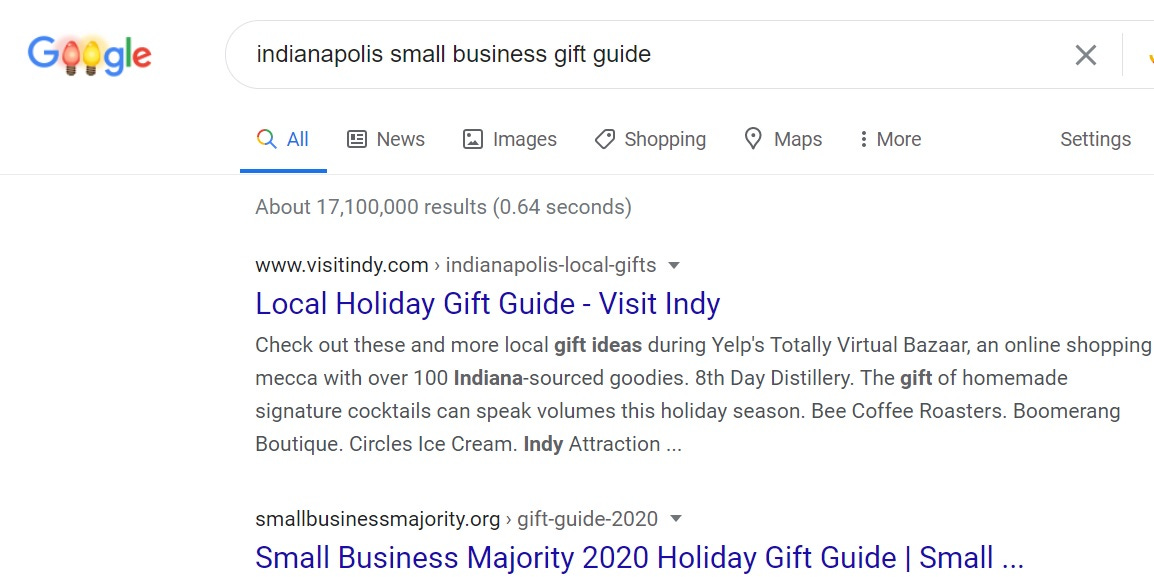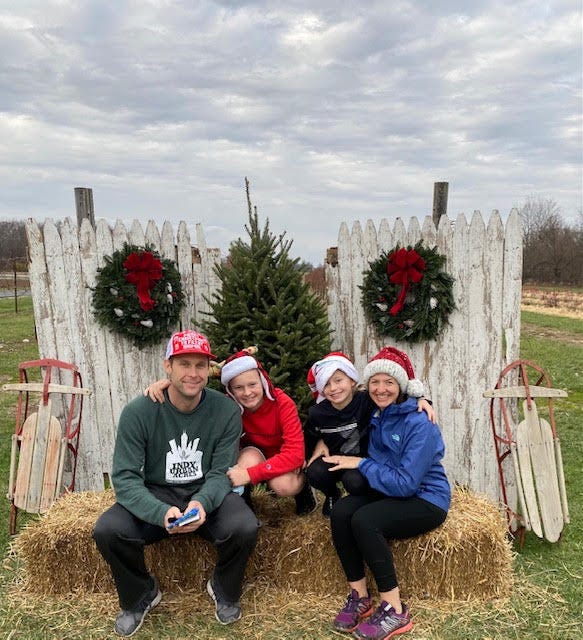I realized a few weeks ago that I keep having the same basic conversation, and it goes something like this:
Friend or family member brings up another maddening thing - in 2020 the list is long of maddening things, but lately, this has typically been one or all of the following: anti-maskers, how differently people are handling Covid, Trump’s antics and his Republican enablers, helplessness at Covid’s impact on people’s mental health or small businesses or hunger or joblessness.
We go back-and-forth ranting to each other. It feels good for a time - to feel less alone, to feel understood.
But then.
I get a sinking feeling afterwards about how all of these problems we keep ranting about are systems problems, not individual ones. But the way in which we talk about them are directed at the individuals in question, not the overarching systems at the root of these problems.
I talked about this in my Covid rant a few weeks ago, and I’m currently re-reading Burnout (which, if you haven’t already, please stop reading this right now, go buy it, and read it), which only reinforced this idea for me. Burnout is the first self-help-ish book I’ve ever read that talks about the problems we face, but whose answer isn’t just “try harder” or “follow this five-step process” or some other BS that makes it sound like all we have to do is work harder or structure our lives better. Instead, Burnout right upfront and continually throughout the book talks about the systemic problems that we face - and how they are at the root of so many of our problems.
On the one hand, this can be really overwhelming because it feels so daunting to think about throwing over entire systems - and it is. But, on the other hand, appropriately and honestly naming the problem is the first step to finding the solution.
For example, many of us have bought into the pretty uniquely American idea that our worth comes from our achievements and that certain kind of work is more valuable than others. So if we don’t do “enough” of a certain kind of work in the world, we struggle with our worthiness and sense of identity. This relatively quickly leads to burnout for many of us. The percentage of people who don’t burnout are put on a pedestal as if they are the ideal that we should all be living up to, instead of the unicorns that they are. (I would argue that these unicorns and/or the people they are closest to suffer in other ways even if they don’t burnout, but that is a-whole-nother newsletter - or book for that matter).
But plenty of other cultures around the world don’t tie people’s worth to their productivity. Heck, most of our spiritual traditions don’t do this either. Other cultures value completely types of work than we do. This doesn’t mean that we should just up and move to a different culture, but what this does mean for us is we don’t have to buy into these systems that are no longer serving us. It is daunting to think about fighting an entire system like the patriarchy or racism or ableism or what the authors of Burnout call the Bikini Industrial Complex (gosh, I love that name), but when we start with ourselves and our own families, we take some of that power back. In so doing, we are a beacon for others to question the ideas that they have bought into, often without even realizing it, and we lessen the grip of these systems on our own lives.
In short: stop blaming yourself, and start getting curious about the roots of the problems you face. Awareness is the first step.
Just raves this week
Brandy. I shared this in the November WILL post, but this concoction had me 1) trying brandy for the first time and 2) actually liking it. As a bonus, unbeknownst to me, brandy is way cheap and has less alcohol than lots of other spirits. I’m still more of a beer/wine girl, but this infusion was delicious - and fun to try in different ways.
The Last Kingdom. My dad kept telling us to watch this, so we finally did while we were quarantined and got completely sucked in. I would even say - brace yourselves - that it is better than Game of Thrones because the characters are more nuanced and several of them I find myself actually liking. Also, it is actually fairly historically accurate, so it’s basically learning while we watch (haha!).
These Christmas lights. Grant put approximately 71,000 lights on our Christmas tree this year, including these he just bought. And I love them. You can pick several different patterns, and the little rounded lights just look cuter somehow.
Gift guide season
As much of a treehugger that I am, I love love LOVE gift guides. I have to resist looking at them as it gets closer to Christmas because I have trouble resisting. Leave your favorites in the comments so that I can continue my obsession. Here are some favorites from this year:
Gee Thanks Just Bought It. There are tons of fun and unique ideas here.
Grant and I sort of have a mantra when it comes to spending money: we are almost always willing to spend money when it comes to stuff that helps us move more or get outside more. The Nutritious Movement guide fits into that first category (she doesn’t have these on her list, but I would get them for everyone on my list if I hadn’t already done so), and Bearfoot Theory’s gift guide fits the second.
Tannoria has some great and unique ideas - and not just of the foodie variety.
The Strategist is my go-to for gift ideas throughout the year, and I bought several things (for others and myself!) off of their 2020 Black-owned businesses gift guide.
Wholefully has some great gift guides in all sorts of categories, and I always trust Cassie’s recommendations.
Tiffany at Wild Geese crafts beautiful gift boxes - reach out to her, tell her about your recipient, and she’ll put together something perfect.
This year it’s more important than ever to shop small. If you just Google your city + small business gift guide, most likely, you’ll come up with some great local ideas:
Stuff worth sharing this week
AHP is on fire lately. Presumably, you’re already reading her newsletter, but if not, this one made me feel very seen - and, as mentioned above, because there is so much power in naming things, that means something.
I don’t want to be the Vacation Mom, or the Cruise Director, or the person in charge of Holiday Magic. I’m working on letting go of the need for things to be more than what I, personally, need them to be. I’m trying to identify the attitudes that suck the pleasure and quality out of the things I used to love. A lot of the problem is my relationship to work. A lot of it is my need, like everyone else, to perform class. And a lot of it is performing, just generally, for everyone else — trying to meet and exceed their expectations, and trying not to make anyone mad at me, things I feel like I’ve never not been doing.
My November what I’m learning and loving post. I love the rhythm of writing these and encourage everybody to do the same, whether you share them or not.
Collective care > self-care. This article dovetails perfectly with what we were talking about above.
Post this up on your bathroom mirror if you need to:
Seasonal view of the week
Mandatory pic at Spencer’s after picking out our Christmas tree…
Cheers to getting curious about the roots of our problems instead of beating up on ourselves in the week ahead!
Sara






